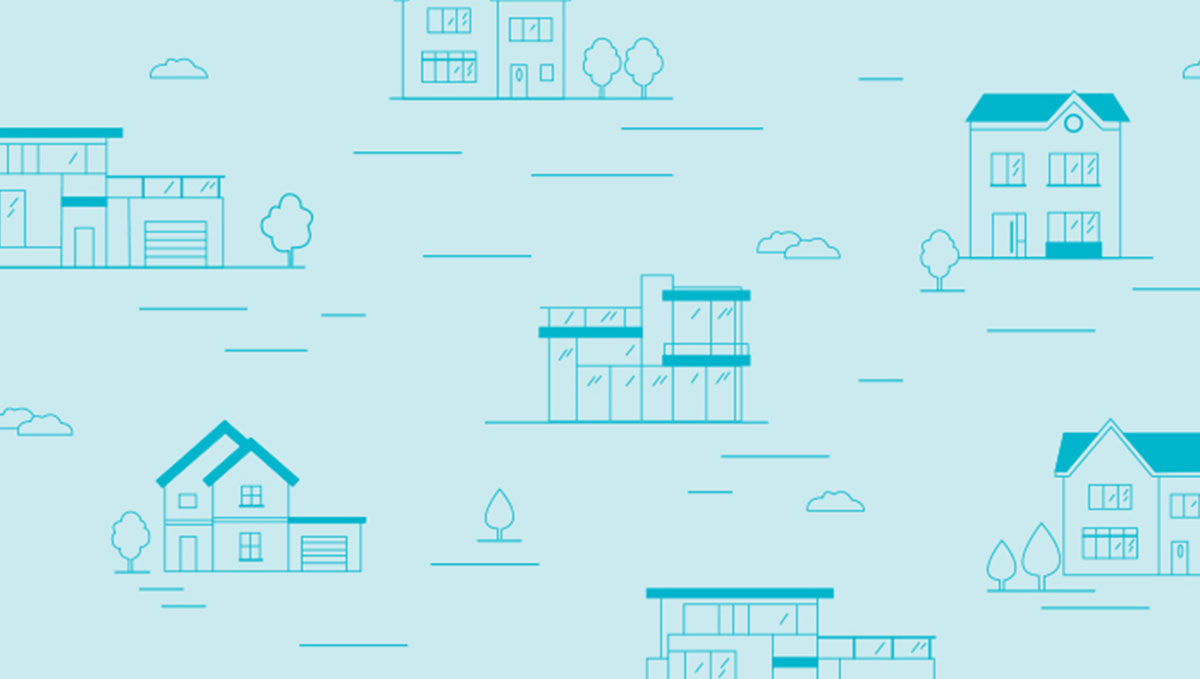Housing in New Zealand
Wherever you look, housing is becoming a global issue. This is because the world’s population is expanding faster than the supply of global housing can keep up.
Sydney, London and Auckland in particular have seen rapid price growth in the last five years. There is some method to the madness, however – and we’re going to take you through the ins-and-outs of housing in New Zealand in this article.
Buying or Renting – Whose Market is This?
There’s an endless debate as to whether it’s more economically sensible to buy or rent. The answer is that it depends on what you want.
Renting is great – you have very little commitment (most leases are either for 12 months or are periodic until either the renter or landlord gives the other sufficient notice). You’re not responsible for general repairs – so if the hot water cylinder bursts, the landlord is responsible for fixing it.
The downside of renting is that you lose stability. You can be asked to leave at any time. This means that renting is less suitable for those with families or substantial possessions. Furthermore, as house prices rise, your rent will start to increase. In New Zealand, for example, rents have increased by 30%
On the other hand, buying is great too. You’re responsible for insurance, repairs and maintenance of the premises. You also benefit directly from any price increases and added value through renovations. You can’t be kicked out by a landlord either – so you have a lot of stability. Be careful though, there’s a high buy-in. According to Demographia, house prices in Sydney, Auckland and London are the 2nd, 4th and 12th most expensive, respectively (relative to earnings) in the world.
Mortgages – Getting Tougher?
Following the Global Financial Crisis (GFC) in 2008, where many non-creditworthy borrowers defaulted on their mortgages, many central banks have tightened the reigns to ensure economic stability. Following recent housing booms in Australia, the UK and New Zealand, new rules have been introduced that will make buying a home harder.
In New Zealand, the Reserve Bank of New Zealand (RBNZ) has introduced new rules for banks regarding Loan to Value Ratios (LVR). Effectively this means that you now need a 20% deposit to buy a house. This is the RBNZ’s way of protecting New Zealand citizens from economic shocks felt by over-borrowing. With this, if interest rates go up, house prices go down or the economy goes into recession, then people can still afford to pay their weekly mortgage installments. The downside is that it’s now harder than ever to get onto the property ladder.
The UK has introduced its own set of new rules for mortgages in response to both the GFC and the recent housing boom. These were introduced in 2014 and require UK lenders to conduct full affordability checks on borrowers – so that banks can only lend to those who can genuinely afford the mortgage. You can learn more about the changes here.
The Australian Prudential Regulation Authority (APRA) have released guidelines that encourage retail banks to make sure that new borrowers can afford to repay their debts with a rate of up to 7%, despite actual interest rates sitting closer to 4%.
In light of this, it seems that mortgages are definitely getting tougher, though genuinely serious buyers and borrowers still shouldn’t have much of an issue.
Tips for First-Home Buyers
Here are some of our best tips for those looking to buy a house in Australia, New Zealand or the UK:
Check out what subsidies or additional funding you may be eligible for. For example, in New Zealand, first-home buyers are able to access their Kiwisaver funds to be used as a deposit. The Australian government offers a First Home Owner’s grant. You can find more, including eligibility criteria here.
If you’re saving for a deposit, or even just trying to pay off your mortgage, try to reduce your credit card debt first. Credit cards are often expensive (with interest charges around 20% a year), so keeping this debt low can aid your savings.
First-home buyers are usually ambitious when it comes to their first homes – they want similar homes to Mum and Dad. Often though, if you want to keep to a reasonable budget, you’ll have to compromise. Maybe that means starting small, or on the outskirts of the CBD rather than inside.
Make sure to do your homework. We call this “due diligence”. Always obtain a builder’s report and a LIM report. You also need a good lawyer so they can check these things along with the property’s title. Recently, checking for methamphetamine contamination has become widespread, so the bank may insist on this also. Don’t rush into any house purchase without checking it out properly first. You could be very sorry later down the line.
Finally, our biggest tip is to be patient. The right property will definitely come along within your budget (assuming your budget is realistic). Good things come to those who wait. Don’t feel like you have to jump on the first thing you see.
We know that saving for a home is hard – that’s why OrbitRemit offers low-cost transactions from AUD, NZD and GBP. Check out our calculator on the top right-hand side of the screen to find out more!

